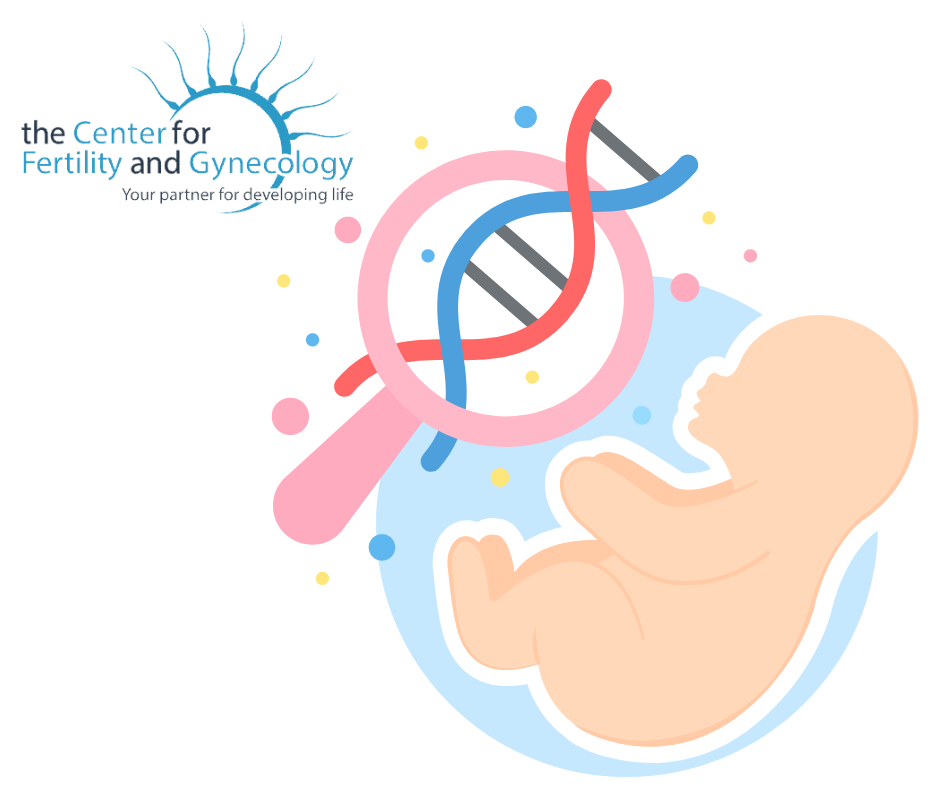What Is Preimplantation Genetic Screening (PGS)?

Preimplantation genetic screening can be an invaluable tool during the in vitro fertilization (IVF) cycle. Also known as gender selection, PGS can allow patients to select the gender of the embryo they wish to implant. However, there are other reasons why patients choose to undergo preimplantation genetic screening. Learn what PGS is and how it may benefit you at the Center for Fertility and Gynecology in Los Angeles, CA.
What Is Preimplantation Genetic Screening?
After the egg is retrieved and fertilized in our lab, an embryo develops. During this phase, our doctors can perform genetic testing on the embryos. This allows them to identify certain aspects of the embryo's genetic makeup, including gender and possible genetic abnormalities. Our Los Angeles patients can then choose the healthiest embryos for implantation. While some may consider PGS controversial because of the ability to choose the gender of the embryo you want to use during your IVF cycle, there are many reasons why a patient may want to choose one gender over the other, and some are based on health factors.
Sex-Based Genetic Issues
For many patients, choosing the gender of their embryo is based on health concerns. In some cases, genetic disorders are based on gender. When the egg is fertilized, the gender of any resulting embryo is set in stone. The sperm will pass either an X or a Y chromosome. The egg will pass only an X.
An XX chromosome will result in a female embryo while XY will result in a male. Sex-based genetic disorders impact only a specific gender and some genetic disorders are more prevalent in one gender over the other.
PGS allows us to test for these disorders and other genetic abnormalities, which is especially helpful for parents with a family history or those who have had genetic testing done themselves and want to reduce or eliminate the risk of passing those issues on to their children.
Genetic Abnormalities PGS Can Test for
Essentially, PGS looks at the genetic makeup of the embryo to determine if there are any concerns or abnormalities. This includes sex-linked disorders as well as many other genetic concerns. PGS can test for issues such as:
- Down Syndrome
- Cystic Fibrosis
- Sickle Cell Anemia
- Fragile X Syndrome
- Muscular Dystrophy
- Hemophilia
Can PGS Help if I Don't Have Genetic Issues?
Yes. Even if you do not have or are a carrier for any known genetic issues, PGS can test for and screen for issues to help reduce the chance of your child having these issues. For some, they simply like knowing the gender of the embryo before it is implanted. Knowing the genetics of the embryo is more reliable than any other genetic testing when determining the gender.
Want to Discuss Preimplantation Genetic Testing?
Whether you are a known carrier of a genetic disorder, want to know the gender of your embryo, or want the peace of mind that PGS can bring, we are happy to discuss your options. Dr. Michael Vermesh and Dr. Tannaz Toloubeydokhti use the latest in reproductive technology to help increase your chance of a healthy and successful pregnancy. Get started on your journey by contacting us online or by calling our Los Angeles fertility center today.







